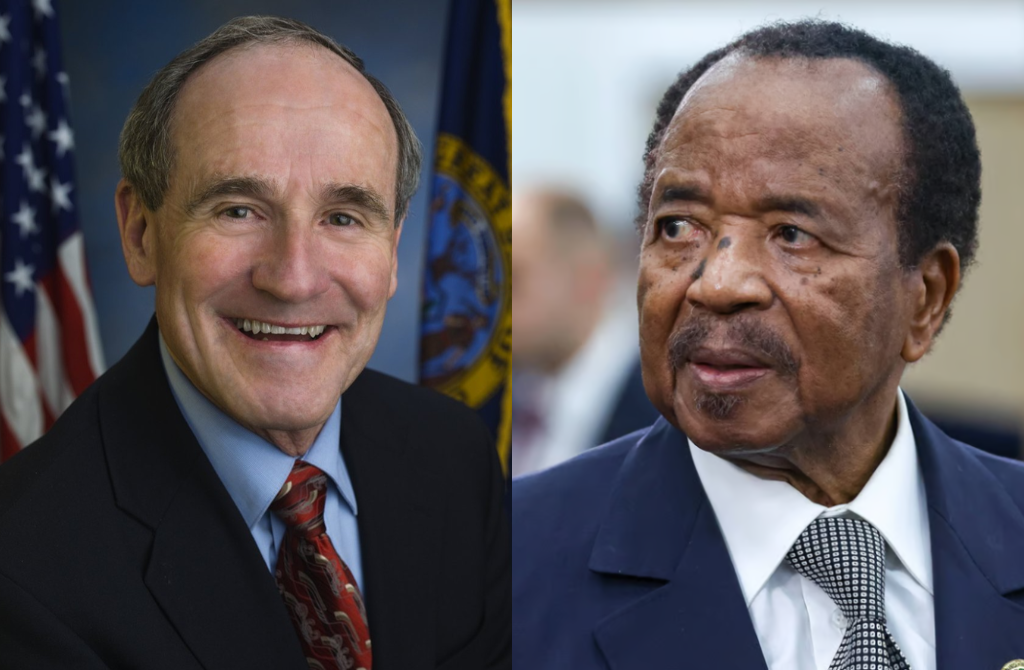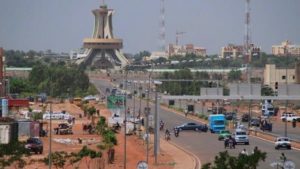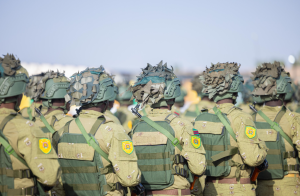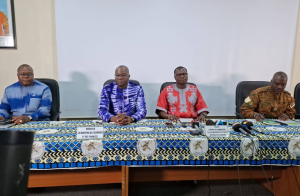Cameroon/ Washington’s selective outrage: When “Human Rights” masks geopolitical strategy

When Washington expresses outrage over the political situation of Cameroon, it is not a defense of human rights, but a geopolitical calculation aimed at maintaining Africa under its narrative influence and dependency.
The accusation of U.S. Senator Jim Risch that Yaoundé organized a “sham re-election” and leads a “corrupt regime” represents more than mere diplomatic commentary.
It reflects a classic political posture that of a Western power claiming authority to judge, certify, or invalidate the sovereign politics of an African state.
The issue here transcends the post-electoral context; it touches upon the legitimacy of African institutions facing the paternalistic gaze of powers that have appointed themselves arbiters of who is “acceptable” on the international stage.
Yet when Jim Risch speaks of human rights, how can we ignore the profound moral dissonance?
The United States, an unconditional military, financial, and diplomatic supporter of Israel, continues to endorse, justify, or downplay bombings that have already killed thousands of civilians in Gaza.
Where are the indignant reports of the Senate when hospitals, schools, and entire families are obliterated in plain sight?
Where is his voice to denounce the prolonged humiliation of a people reduced to survival?
The lesson is clear: human rights are brandished only when they serve an influence strategy: never when they require holding one’s own allies accountable.
Cameroon, like other African nations, need not accept moralizing warnings from actors who built their own power through preventive wars, forced interventions, geopolitically convenient coups d’état, and opportunistic alliances. When Washington speaks of democracy in Africa, it is not to encourage it—but to monitor it, frame it, and steer it.
Sovereignty is not negotiated under external injunction.
This does not mean Cameroon should not confront its own challenges the Anglophone crisis, political tensions, and security issues.
But these matters must be debated among Cameroonians, within a national framework, not dictated by those who view Africa through the prism of their strategic interests.
Africa does not need guardians. It does not need to be “certified” as democratic. It does not need permission to exist politically.
This moment must serve as a reminder: the reconstruction of sovereignty requires breaking free from narrative dependency.
We do not have to answer to their lessons. We have to assert our own voice.
Gilbert FOTSO






